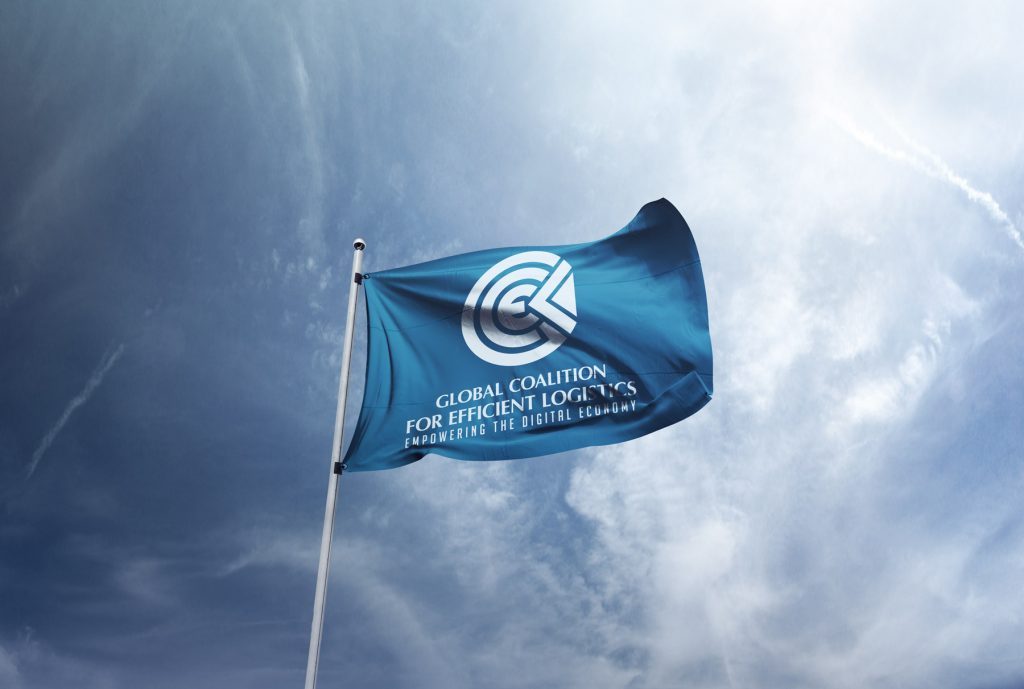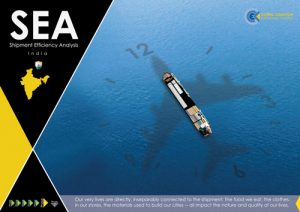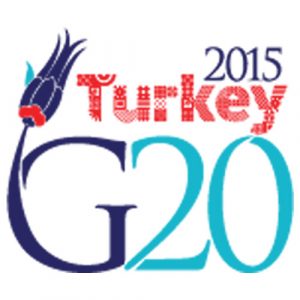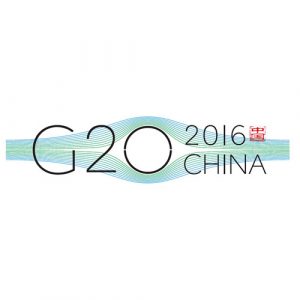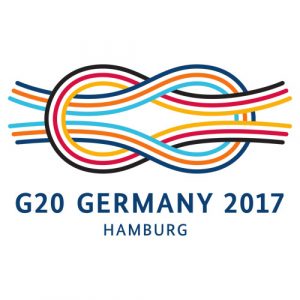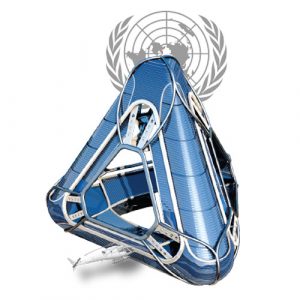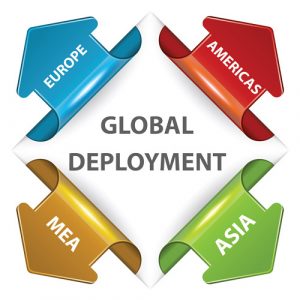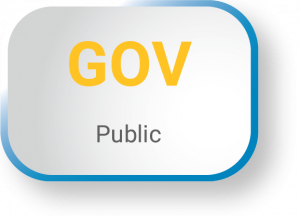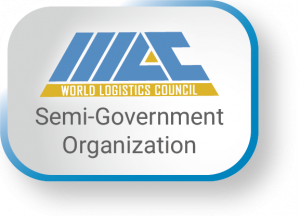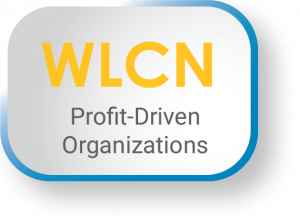The Global Coalition for Efficient Logistics (GCEL), is a non- profit Public/Private Partnership founded in Switzerland during 2005 under Article 60 of the Swiss Civil Code.
Our Story
GCEL’s members, and supporters include more than 150 governments through their pan-regional organizations, 26 IGOs/ NGOs and the world’s most prominent technology firms with 2.7 million employees servicing 60% of the world’s GDP.
These organizations have come together to launch the tangible economic development program called the “HumaWealth Program” to deliver more efficient and secure trade through a global Digital Economy Platform (DEP) for the B2B marketplace. The DEP will also enhance cargo security, improve food safety, speed disaster relief response, and reduce the carbon footprint.
GCEL has created the world largest coalition to deploy the DEP within a unique Global Structural Formula (GSF) that brings together Public and Private sector organizations, to do what they do best, within their own jurisdictions. The GSF offsets geopolitical, monopolistic and data privacy concerns that have to date prevented the emergence of a global Digital Economy Platform for the B2B marketplace.
By contributing your voice and leadership, you too can join global leaders in the GCEL mission:
‘Connecting the Strengths of the World Community Creating Well Being Across Humanity.’
